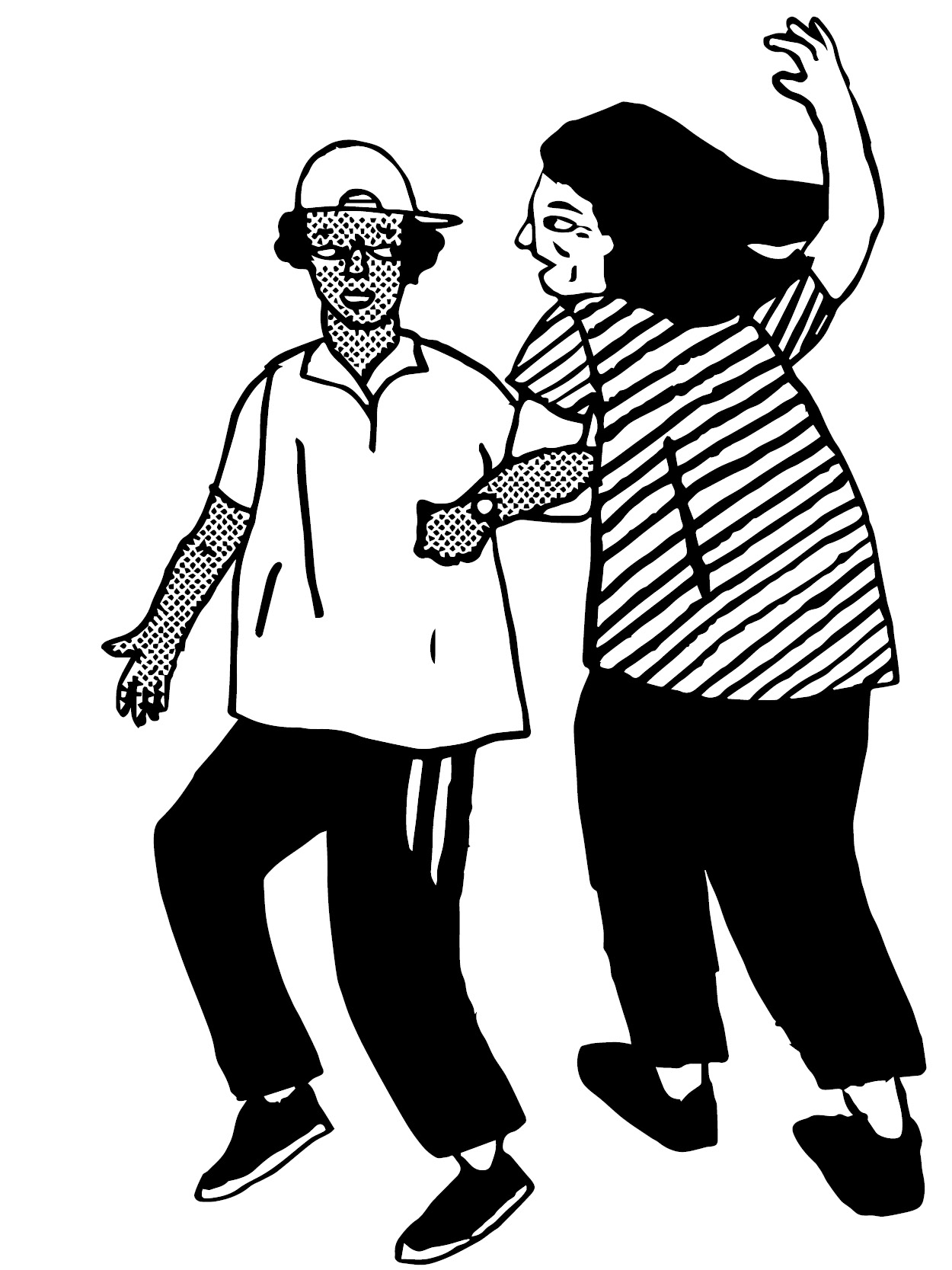Folk Music Journal: Volume 10 Number 5
Volume 10 Number 5 (2015) contains the following pieces
Articles:
Jameson Wooders ‘With Snail Shells instead of Bells’: Music, Morris Dancing, and the ‘Middling Sort’ of People in Eighteenth‑Century Berkshire
Contrary to Alfred Williams’s assertion that morris dancing was not found south of the Thames, this paper documents a reference from the Berkshire parish of Brightwalton in the mid-eighteenth century. Morris dancing was in fact just one of a number of customary activities performed by the parishioners. The participants were derived from the ‘middling sort’, who, by their involvement in these activities, appropriated to themselves the identity of their community. The decline of morris dancing on the Berkshire Downs may be attributed to wider socio-economic changes, such as the continued polarization of society, which unbalanced relationships within this group.
Arthur Knevett Cultural and Political Origins of the Folk-Song Society and the Irish Dimension
The formation of the Folk-Song Society (FSS) in London in 1898 has been the subject of some significant and contradictory writing in recent years. Different reasons for the emergence of the society have been proposed. In this essay I consider four themes connected with its formation. I explore the social and cultural context of the late nineteenth century; the ‘Irish’ impetus behind the founding of the FSS; the question of the founding policy in relation to the preservation or restoration of songs; and, finally, the politics of some of the key early members, along with recent political interpretations of the significance of its foundation.
Brian Peters The Well-Travelled ‘Wild Rover’
‘The Wild Rover’, a song widely known amongst the general public and commonly believed to be Irish, has its origin in a seventeenth-century English broadside written by Thomas Lanfiere, one of a class of moralizing ‘alehouse ballads’ of the period. This evolved into a several distinct printed texts, which passed into oral tradition in England, Scotland, Ireland, and North America, while the song also achieved significant popularity in Australia. The version familiar today is the result of further adaptation by performers in the 1960s folk revival. Over the course of three hundred years, several distinct textual and musical changes have altered the moral thrust of the song and assisted its enduring popularity.
Peter Millington Tristan da Cunha and the Original ‘Powder Monkey Jim’
The remote South Atlantic island of Tristan da Cunha has a singing and dancing tradition similar to that of Britain and North America. All its songs and tunes came from off the island, which raises the questions of whence exactly they came, and how they arrived there. After a brief overview of the Tristan repertoire, this article examines one particular song – ‘Powder Monkey Jim’ – collected from Fred Swain in 1938. Having identified the Victorian origins of this song, it explores the mediums by which it and the other Tristan material may have reached the island.
Note
| Martin Graebe |
Dancing with Sabine Baring-Gould |
Correspondence
‘The Death of Queen Jane’
Reviews — Books
|
David Atkinson |
The Ballad & the Folklorist: The Collected Papers of David Buchan |
|
Michael Heaney |
Street Ballads in Nineteenth-Century Britain, Ireland, and North America: The Interface between Print and Oral Traditions (ed. Atkinson and Roud) |
| Fintan Vallely |
The Globalization of Irish Traditional Song Performance (Motherway) |
|
Chloe Metcalfe |
Rapper: The Miners’ Sword Dance of North-East England (Heaton); Rapper: History of the Miners’ Sword Dance of North-East England (DVD) (Metherell and Krause) |
| Britta Sweers |
Transforming Folk: Innovation and Tradition in English Folk-Rock (Burns) |
|
Dave Townsend |
The Winders of Wyresdale: Traditional Country Dance Music & Airs (ed. Hornby) |
|
Eddie Cass |
Wassailing: Reawakening an Ancient Folk Custom (Cater) |
|
Vic Gammon |
Singing Simpkin and Other Bawdy Jigs: Musical Comedy on the Shakespearean Stage: Scripts, Music and Context (Clegg and Skeaping) |
|
Paul Cowdell |
Antipodean Traditions: Australian Folklore in the 21st Century (ed. Seal and Gall) |
|
Elaine Bradtke |
Play Me Something Quick and Devilish: Old-Time Fiddlers in Missouri (Marshall) |
| Paul Cowdell | Transatlantic Roots Music: Folk, Blues, and National Identities (ed. Terry and Wynn) |
| David Atkinson | Trapped in Folklore?: Studies in Music and Dance Tradition and their Contemporary Transformations (ed. Kunej and Urša Šivic) |
| Nick Groom | The Anglo-Scottish Ballad and its Imaginary Contexts (Atkinson) |
| Chris Wright |
Up Yon Wide and Lonely Glen: Travellers’ Songs, Stories and Tunes of the Fetterangus Stewarts (ed. McMorland) |
|
Andriy Nahachewsky |
Step Dancing in Ireland: Culture and History (Foley); The Irish Dancing: Culture, Politics and Identities, 1900–2000 (O’Connor) |
Reviews — CDs
| Christopher Heppa |
The Barley Mow (Voice of the People) |
| Johnny Handle |
‘Good humour for the rest of the night’: Traditional Dance Music in Northumberland and Cumberland (Voice of the People) |
|
Frances Wilkins |
Orkney: Traditional Dance Music from Orkney (Voice of the People) |
| Vic Gammon |
Old Fashioned Songs (Cecilia Costello) |
| Andy Turner | A-Swinging Down the Lane and Adieu to Olde England (The Willett Family) |
| Brian Peters | Sheep-Crook and Black Dog (Caroline Hughes) |
Obituary
| Christopher Heppa |
Christopher James Bearman |
| Ewan McVicar |
Sheila Douglas |
Cover illustration ‘Concert in the Cottage’, The Graphic (1875)
Editor: David Atkinson
Support us, and support the folk arts
We champion folk music and dance at the heart of cultural life, all across England.
Donations provide immediate support. But even more than that, they prove that so many people value what we do – helping us to secure funding from partner organisations.
Can you donate today?









